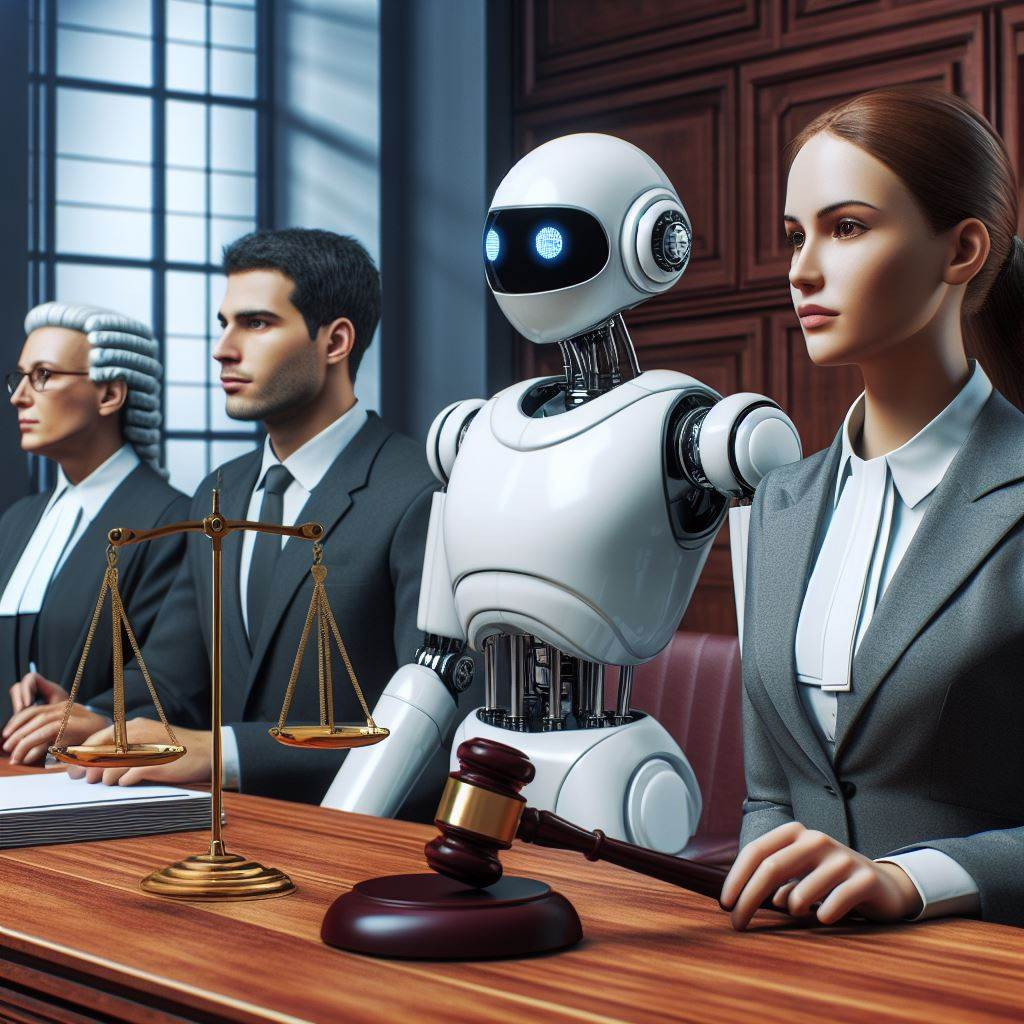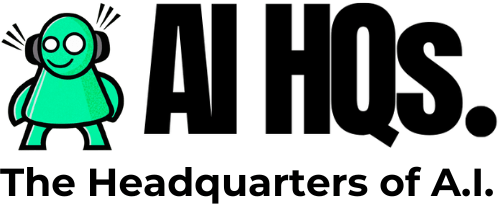AI Legal Research Challenges Accuracy
In the complex world of law, accuracy and credibility are paramount. But what happens when AI tools enter the legal arena, blurring the lines between fact and fiction? Recent incidents involving AI-generated content in court filings have sparked debates and raised concerns about the reliability of automated legal research.

One such case involves Michael Cohen, former attorney to Donald Trump, and his lawyer David M. Schwartz. Last year, Schwartz filed a court brief containing three citations to non-existent cases, all generated by the Google Bard AI tool. Cohen, who provided the fake citations to Schwartz, claimed he believed Bard to be a “super-charged search engine,” unaware of its generative text capabilities.
US District Judge Jesse Furman declined to sanction Cohen, acknowledging his reliance on counsel and lack of intent to deceive the court. However, Furman denied Cohen’s motion for early termination of supervised release, citing concerns raised during his testimony in another case.
Similarly, Schwartz escaped sanctions despite submitting the fake citations. Furman deemed his actions embarrassing and negligent but found no evidence of intentional deception. This incident echoes a previous one where lawyers faced fines for citing non-existent cases generated by ChatGPT, another AI tool.
The repercussions of such AI mishaps extend beyond mere embarrassment. They undermine the integrity of the legal system, wasting court resources and risking damage to the reputation of judges and parties involved. In Cohen’s case, the use of fake citations further complicated his legal proceedings, highlighting the potential consequences of AI misuse in legal practice.
Another instance of AI misuse emerged in a separate lawsuit handled by Steven Schwartz and Peter LoDuca of the firm Levidow, Levidow, & Oberman. The lawyers relied on ChatGPT for legal research, citing six fake cases in their court filings. Despite being informed of the citations’ non-existence, they persisted in advocating for them, leading to the dismissal of the case and imposition of fines.
Judge Kevin Castel condemned the lawyers’ actions as acts of bad faith, emphasising the harm caused to their client, the court, and the legal profession. The use of fabricated evidence erodes trust in the legal system and sets a dangerous precedent for future litigants.
Schwartz and LoDuca’s reliance on AI tools highlights the evolving landscape of legal research and the potential pitfalls of automated assistance. While AI offers efficiency and convenience, it also poses ethical and practical challenges, particularly in verifying the authenticity of information.
In response to these incidents, measures are being implemented to prevent similar occurrences in the future. The Levidow firm has expanded its legal research resources and committed to ongoing education to enhance attorney competency. Such initiatives reflect a growing recognition of the importance of ethical AI use in the legal profession.
Ultimately, these cases serve as cautionary tales, reminding us of the ethical responsibilities inherent in legal practice. While AI technology continues to advance, it must be wielded responsibly, with due diligence and respect for the principles of truth and integrity.
In the wake of these AI-related controversies, legal practitioners and scholars are grappling with broader questions about the role of technology in the legal profession. The integration of AI tools into legal research workflows has undoubtedly transformed how lawyers approach their work. However, it has also exposed vulnerabilities and raised concerns about the reliability and accountability of AI-generated content.
One key issue is the need for greater transparency and accountability in AI systems used for legal research. While AI can enhance efficiency and productivity, it must be accompanied by robust safeguards to prevent the dissemination of inaccurate or misleading information. Legal professionals must exercise caution when relying on AI-generated content, conducting thorough verification and validation processes to ensure its accuracy and authenticity.
Moreover, there is a growing recognition of the ethical implications of AI use in the legal field. Lawyers have a duty to uphold ethical standards and act in the best interests of their clients. This includes exercising due diligence in verifying the accuracy of information and avoiding the use of deceptive or fabricated evidence.
As AI technologies continue to evolve, legal professionals must remain vigilant and proactive in addressing emerging challenges. This requires ongoing education and training to develop the skills and knowledge necessary to navigate the complexities of AI-driven legal research effectively.
Additionally, collaboration between legal practitioners, technologists, and ethicists is essential to develop ethical guidelines and best practices for AI use in the legal profession. By fostering interdisciplinary dialogue and cooperation, stakeholders can work together to promote responsible AI deployment and mitigate the risks associated with its use.
Ultimately, the goal is to harness the potential of AI technology to enhance the practice of law while upholding the principles of integrity, fairness, and justice. By embracing ethical AI practices and fostering a culture of accountability and transparency, the legal profession can leverage technology to better serve the needs of clients and uphold the rule of law.
As we navigate the intersection of law and technology, it is essential to uphold the highest standards of professionalism and ethical conduct. Only by doing so can we preserve the integrity of the legal system and ensure justice for all parties involved.
Furthermore, it’s imperative for regulatory bodies and legal organisations to play a proactive role in establishing guidelines and standards for the responsible use of AI in the legal profession. Clear regulatory frameworks can provide guidance on ethical AI practices, data privacy, and professional conduct, helping to ensure that AI technologies serve the interests of justice and uphold the integrity of the legal system.
In conclusion, while the incidents involving AI-generated content in legal filings highlight the potential pitfalls of relying solely on technology, they also underscore the importance of human oversight and critical thinking in the legal profession. By embracing a balanced approach that leverages AI’s capabilities while prioritising ethical considerations and professional responsibility, legal practitioners can navigate the challenges of the digital age while upholding the core values of justice, integrity, and accountability. As technology continues to reshape the legal landscape, it’s essential for the legal community to adapt and evolve, fostering a culture of innovation and ethical practice that ensures the continued trust and confidence of clients and society at large.
for all my daily news and tips on AI, Emerging technologies at the intersection of humans, just sign up for my FREE newsletter at www.robotpigeon.be






